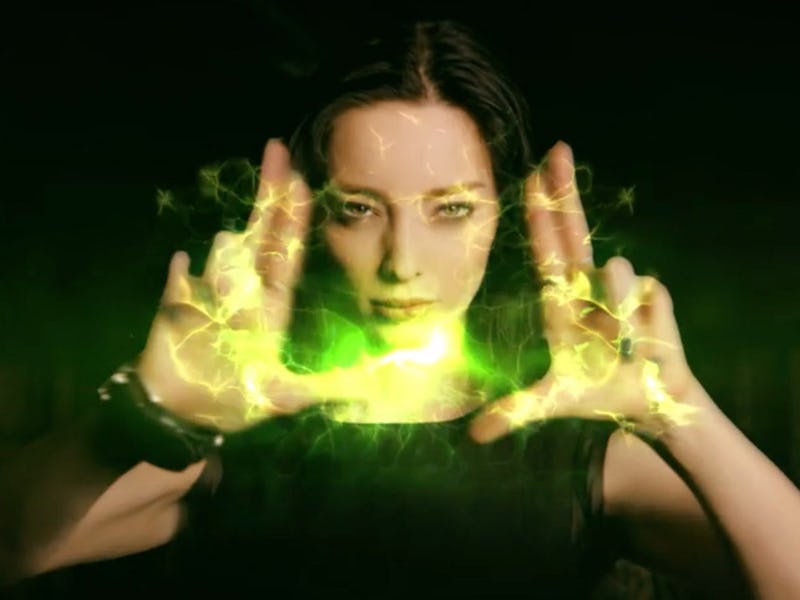Why ‘The Gifted’ Needed the X-Men to Get Lost in Order to Be Great
It's the 'Force Awakens' of the X-Men.

When Fox announced The Gifted some X-Men fans scratched their heads. “An X-Men show without the X-Men” sounded, at worst, like a cost-cutting measure, as the superhero team was probably too expensive for TV. But the first season, which wrapped up with a two-part finale on Monday, ended up being a great X-Men story — despite and because the X-Men were MIA.
The lingering question of where the heck the X-Men are is still unanswered, so it was easy to get caught up in the mystery box, continuity puzzles, and comic Easter eggs during the first season. Turns out The Gifted actually wasn’t really interested the X-Men or Brotherhood at all because, as the finale revealed, this was really a show about the next generation.
The Gifted struggled at first when the focus was just on Lauren and Andy Strucker, who are possibly the least-interesting characters in the whole show. Things got much better once the Mutant Underground’s struggle against Sentinel Services took center stage, and then elevated again when the Stepford Cuckoos made their deadly debut and introduced a conflicting, more extremist method of resistance. That’s when the show started to feel familiar, but in a new way. The Underground and the Hellfire Club are stand-ins for the X-Men and Magneto’s Brotherhood of Mutants, but they’re free of the expectations of those well-known groups even as they’re still tied to their history.
It’s The Force Awakens, except with mutants. In order to tell the story of Star Wars’s next generation, Lucasfilm needed to get the established groups, in this case the Republic/Rebellion and Empire, out of the way. But, to give their struggle weight, we needed that missing past to loom over what’s currently happening.
Both The Gifted and The Force Awakens suffer from the nagging artificiality of the old guard’s absence. The reasons why the X-Men and their like are missing aren’t fully explored because that’s not what the story is about, even as it is about what happens in that vacuum. Still, it feels odd that such a big part of the franchise’s history is being handwaved out of existence, especially when modern fans are so acutely aware of continuity. Heck, that’s why most of my coverage of The Gifted was a goof about looking for Wolverine. That inherent weakness of this type of storytelling — a trope I suspect will be more and more common as old, finished franchises are revived for the next generation — doesn’t matter nearly as much when the story at hand is engaging.
Blink in 'The Gifted.'
A show about Magneto facing off with Professor X again would be rote, at this point, and probably wouldn’t have looked good on TV compared to the movies. It’s a grander, less-personal epic that doesn’t lend itself to the street-level persecution The Gifted’s mutants endured. But, Magneto’s daughter, Polaris, following in her father’s footsteps and embracing a more extremist mode of resistance? That’s an exciting echo, even if Magneto and Professor X had to be glaringly removed. Legion, another X-Men show sans X-Men, did a similar thing, but it’s cerebral story was a much farther leap than The Gifted’s still recognizable structure.
The X-Men, with decades of superhero comics behind them and several blockbuster movies, are a superhero team. The Gifted wanted to tell a scrappier story, and to do that, the X-Men couldn’t be in the picture.